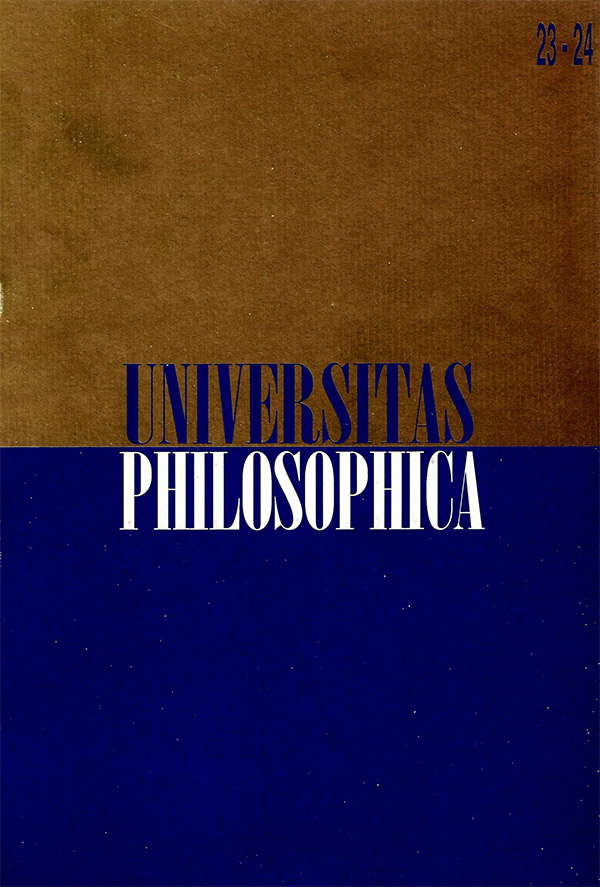Abstract
El autor estudia la filosofía colonial en tres períodos: Primero, el de la conquista y pacificación (siglo XVI), que se caracteriza por los debates en torno a la encomienda. Destaca la figura de Juan del Valle, como principal lascasiano. En el segundo período, el del orden colonial cerrado (siglo XVII), se producen dos hechos fundamentales: un intento de comprensión de la cultura negra por parte de Alonso de Sandoval y de oposición al sistema esclavista en la figura de Francisco José de Jaca, en la primera parte del siglo; y en la segunda, un florecimiento de la filosofía académica en las universidades, principalmente en la Javeriana, con la gran figura de Juan Martínez de Ripalda, posible discípulo de Denis Mesland, amigo de Descartes. El tercer período corresponde al siglo XVIII, en el que hace crisis el orden colonial. Se destacan los debates en torno a la nueva física y la incorporación del Nuevo Reino a la "Europa culta" por obra y gracia de José Celestino Mutis. Entre los principales ilustrados destaca el autor, por sus aportes a la filosofía, a José Domingo Duquesne y al maestro de maestros José Félix de Restrepo. El autor recoge las investigaciones más relevantes sobre el tema y abre nuevas perspectivas a la investigación de la filosofía colonial.
This journal is registered under a Creative Commons Attribution 4.0 International Public License. Thus, this work may be reproduced, distributed, and publicly shared in digital format, as long as the names of the authors and Pontificia Universidad Javeriana are acknowledged. Others are allowed to quote, adapt, transform, auto-archive, republish, and create based on this material, for any purpose (even commercial ones), provided the authorship is duly acknowledged, a link to the original work is provided, and it is specified if changes have been made. Pontificia Universidad Javeriana does not hold the rights of published works and the authors are solely responsible for the contents of their works; they keep the moral, intellectual, privacy, and publicity rights.
Approving the intervention of the work (review, copy-editing, translation, layout) and the following outreach, are granted through an use license and not through an assignment of rights. This means the journal and Pontificia Universidad Javeriana cannot be held responsible for any ethical malpractice by the authors. As a consequence of the protection granted by the use license, the journal is not required to publish recantations or modify information already published, unless the errata stems from the editorial management process. Publishing contents in this journal does not generate royalties for contributors.


